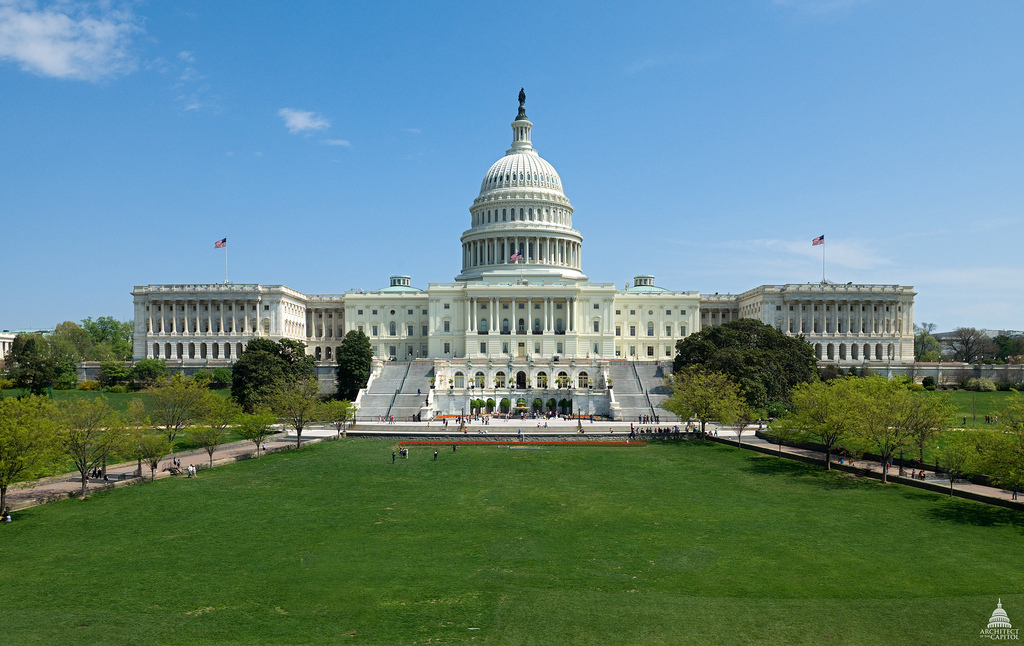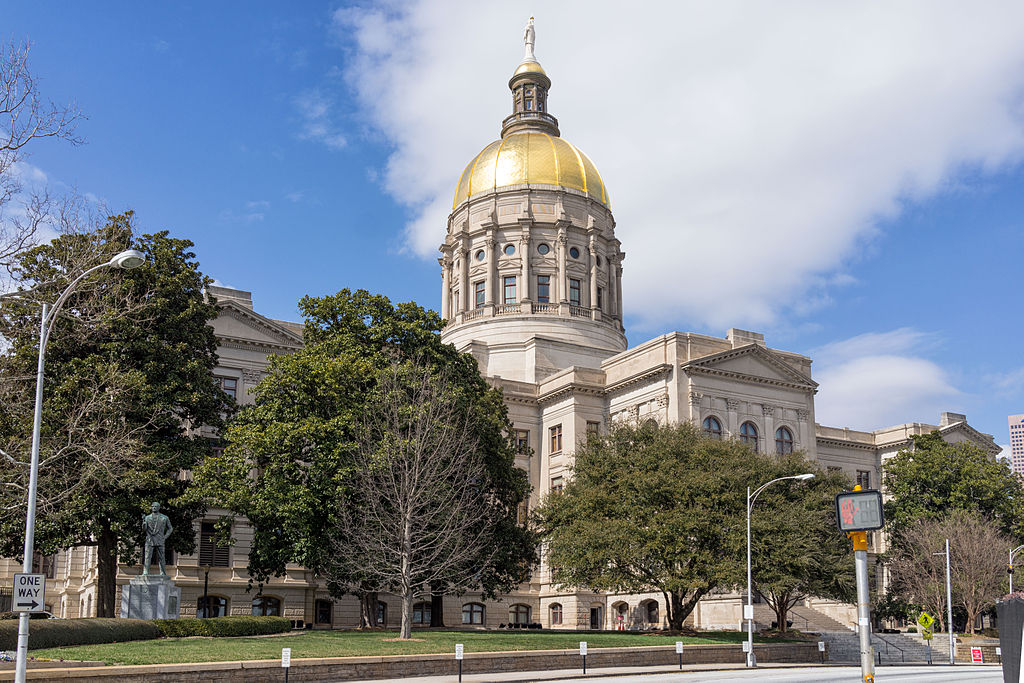While political control in Washington has changed, the debate over a mandate to blend specific volumes of ethanol into the U.S. fuel supply has not.
Since its passage in 2007 as part of the Energy Independence and Security Act, the ethanol-mandating Renewable Fuel Standard has attracted controversy.
Its requirement of specific volumes of ethanol rather than percentages has proven unrealistic, and supporters of the oil industry have tried to do away with the mandate altogether.
DON'T MISS: Sierra Club to sue EPA over failure to report on ethanol
An important component of meeting the mandate is introducing fuel blends with larger amounts of ethanol for public consumption.
Most gas stations sell E10—a blend of 10 percent ethanol and 90 percent gasoline—as the default.
But the EPA and ethanol advocates have pushed for wider distribution of E15 which, at 15 percent ethanol, is the highest concentration of the biofuel currently approved for use in all new cars as a straight substitute for conventional gasoline.

U.S. Capitol Building
E15 is now rolling out in larger quantities, but a flurry of federal and state bills have appeared to kill it, reports Hemmings Motor News.
Virginia Representative Robert Goodlatte recently introduced two bills in the House of Representatives with that goal.
HR 1314 calls for the elimination of the Renewable Fuel Standard, as well as a 2005 provision added to the Clean Air Act that sets minimum standards for renewable-fuel use.
ALSO SEE: Trump supported ethanol, but his team may not; is oil the reason? (Dec 2016)
His second bill—HR 1315, also known as the RFS Reform Act of 2017—would ban the production and sale of any fuel with a blend of more than 10 percent ethanol.
Both bills have been referred to the House Committee on Energy and Commerce.
Another bill introduced by Texas Representative Michael Burgess—HR 119, the Leave Ethanol Volumes at Existing Levels Act—would cap ethanol blending at 10 percent.

Georgia state capitol (pic by Andre M. via Wikimedia)
Meanwhile, Georgia's senate is considering SB 115, a bill calling for the prohibition of all ethanol-blended fuels in the state.
Senate Resolution 205 also asks Congress to eliminate all requirements for use of ethanol as a fuel.
CHECK OUT: EPA boosts required 2017 ethanol volume above expected level (Nov 2016)
The EPA previously approved E15 for use in all cars built in 2001 or later, although some automakers still don't explicitly endorse the fuel for their new vehicles.
For 2017, the EPA is mandating 19.28 billion gallons of ethanol be blended with the fuel supply.
But because the mandate of specific volumes doesn't take into account changes in overall fuel consumption, the EPA hasn't been able to meet its targets in past years, instituting various waivers instead.
_______________________________________________












